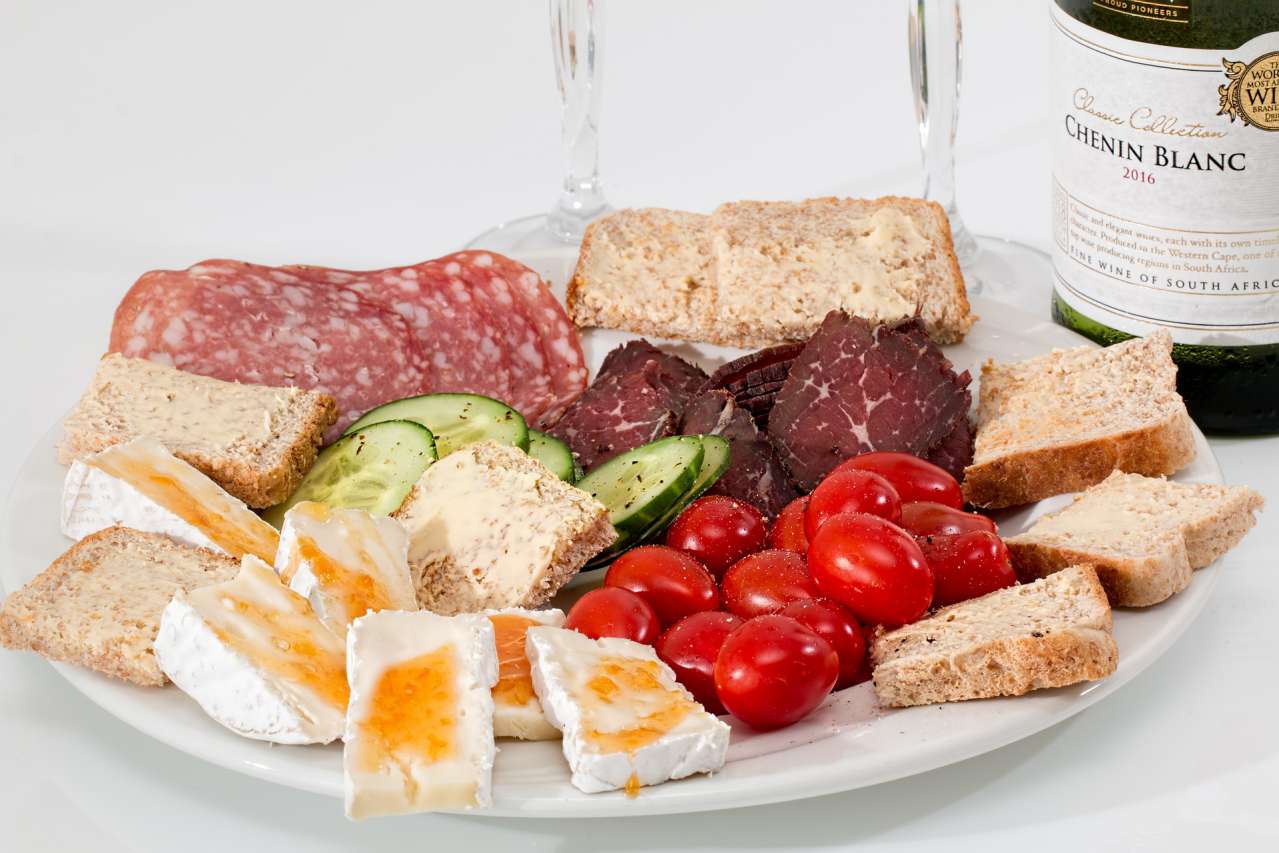The Nutritionist's Explanation: Why Your Body Needs Protein
Every cell in the human body is partly made up of protein. Eating protein from foods helps the body repair existing cells and create new ones.
What happens when there is a lack of protein in the body
Pain in the muscles and less often in the joints; slow growth (in children); reduction in mass and visible volume of muscles; muscle weakness.
Health Benefits of Protein
The main tasks of proteins are to ensure the growth, construction and development of the body. Almost all enzymes and some hormones have a protein composition.
Proteins are actively involved in the production of antibodies and ensure the strength and activity of the immune system, and are also involved in the transport of many compounds.
Therefore, protein-rich foods must be eaten every day.

What happens if you eat a lot of protein and do not exercise
An excess of proteins provokes increased work of the kidneys, necessary for the removal of their decay products.
An excess of proteins and a lack of fiber is a direct path to stomach problems with all the consequences: bloating, heaviness, diarrhea, heartburn and others like them.
Where is protein found
Animal proteins are those found in animal products (meat, fish, seafood, eggs, and dairy products).
Vegetable proteins are those found in plant products (legumes, nuts, cereals, vegetables, soy).
